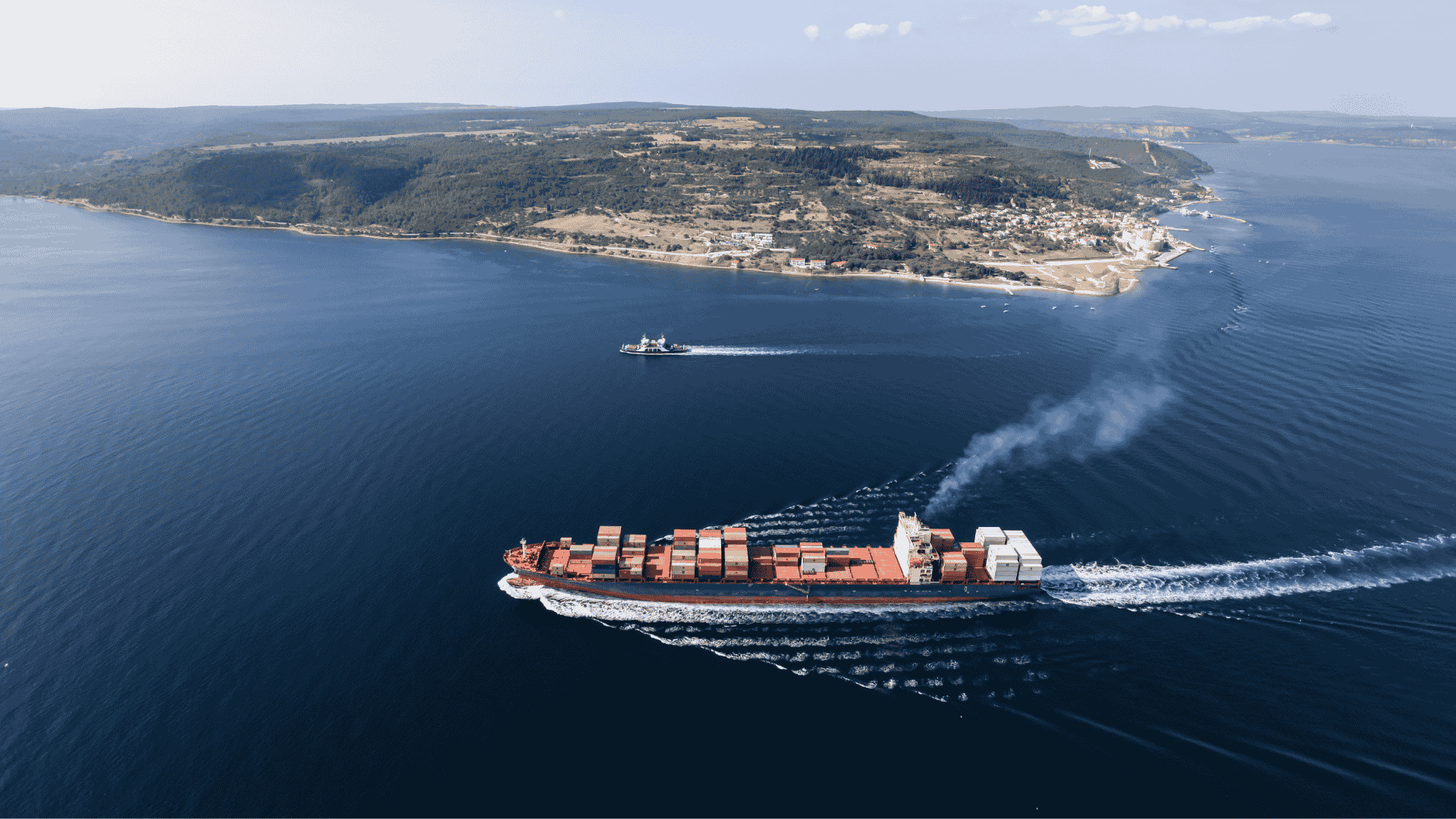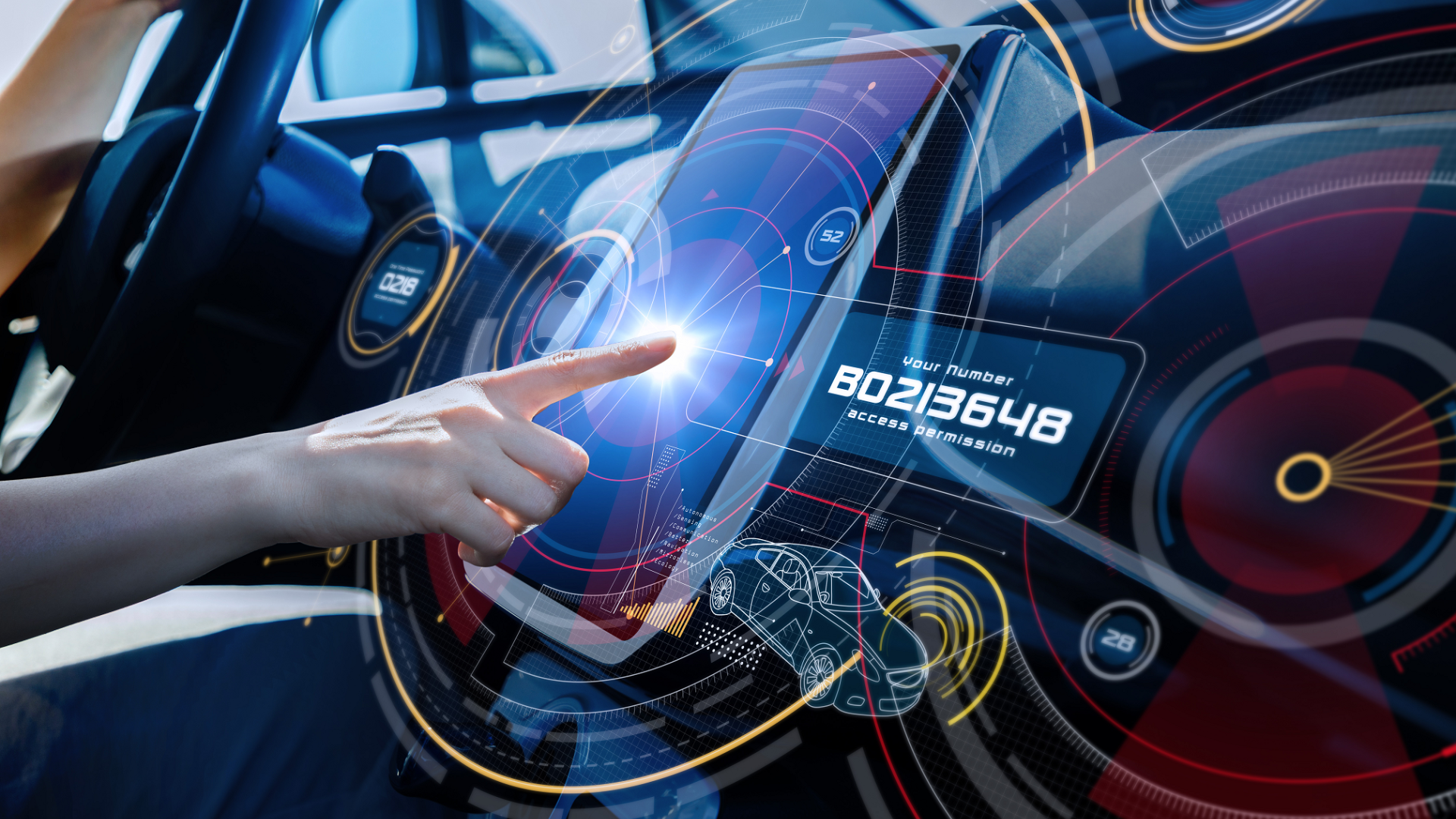A new academic and industrial partnership has just come into being: SEGULA Technologies and the Unité de catalyse et de chimie du solide (UCCS) are launching a joint laboratory, “CATAMAREN” (CATAlysis for MARitime transport ENergy transition), to accelerate the adoption of sustainable energy solutions in the maritime and river transport sector.
With around 3% of the world’s greenhouse gas emissions, maritime transport is faced with increasingly strict international regulations, such as those defined by the International Maritime Organisation (IMO). The sector’s objective is to reduce its emissions by 80% by 2040. CATAMAREN is positioning itself as a key player in contributing to this challenge, by exploring innovative solutions to significantly reduce the carbon footprint of ships.
The fruit of close collaboration between academia and industry, this partnership, co-financed by SEGULA Technologies, the University of Lille and the CNRS, pools human and technical resources. The joint laboratory team comprises doctoral students, engineers, lecturers and university professors.
The CNRS also encourages the creation of joint laboratories with companies to further research and meet the challenges facing our society. The CNRS has nearly 280 active joint laboratories.
Three major areas of research
CATAMAREN has an initial duration of four years and is built around three strategic priorities:
- Desulphurisation of marine fuel oils: development of a continuous-flow catalytic process to eliminate sulphur compounds, following on from the SOxLOW project.
- Decarbonising marine fuels for long-distance transport: research into sustainable alternatives such as hydrogen and ammonia as energy carriers for long-distance propulsion.
- Hydrogen for short sea shipping: a study into the production and use of hydrogen for short and medium sea shipping, using technologies such as the thermocatalytic decomposition of ammonia.
To advance research in these areas, the joint laboratory draws on its expertise in heterogeneous catalysis, chemical engineering, electrocatalysis and marine engineering.
Two doctoral theses were launched in 2024 to accompany this work, covering in particular desulphurisation processes and the controlled cracking of ammonia.
[1] The UCCS is a research unit under the joint supervision of the CNRS, the University of Lille, the University of Artois and the Centrale Lille Institute.







 FOR A BETTER EXPERIENCE
FOR A BETTER EXPERIENCE